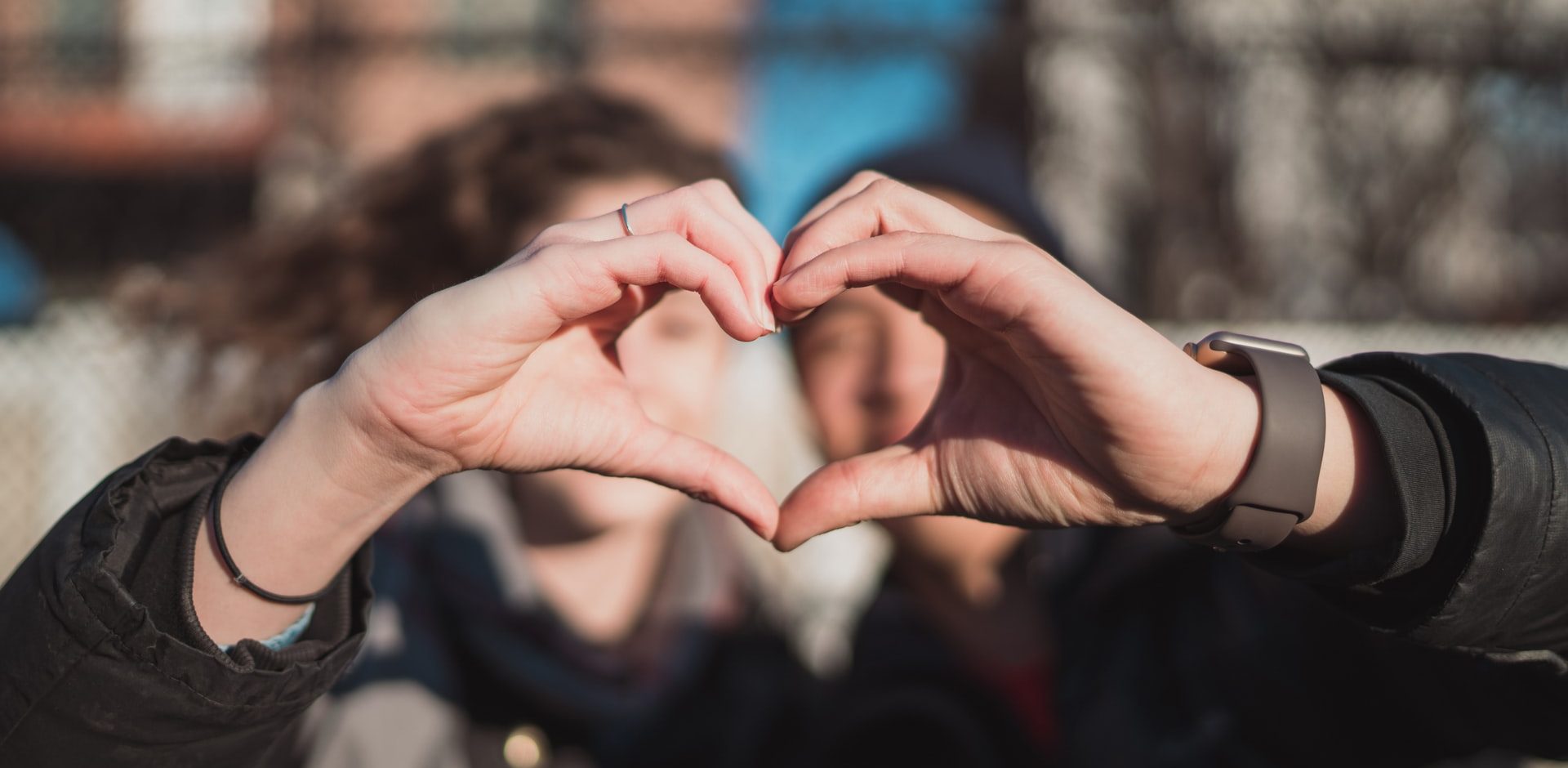What is peer support and what is a peer visitor?

Peer Support
- Peer support is based on the relationship between people who have had a shared lived experience.
- The philosophy of peer support is that each person has within themselves the knowledge of what is best for them as well as a strong desire to find a way towards improved wellness.
- Peer support is based on a relationship in which each person is considered equal to the other. There is a focus on health and recovery as opposed to illness and disability.
- Peer support can be provided in many ways including individual sessions, self-help groups, and online groups. Peer visitors provide one on-to-one support.
Peer Visitors
- A peer visitor is someone who has experienced a life-changing event (limb loss, or congenital limb deficiency), is living a full and productive life, and has completed a training program preparing him/her to visit another individual and his/her family facing a similar experience
- Peer supporters listen, provide emotional support, and most importantly inspire hope.
- A peer visitor volunteers to serve as a role model, offer emotional support and provide information about the resources available locally and nationally.
Listen to the following short video in which Lisa speaks about her experience of peer support (4.5 minutes):
Why be a Peer Visitor?
- As a person living with an amputation, you are in the unique position of being able to offer empathy and validation to other persons with amputation
- People who do peer visiting or provide peer support report numerous family benefits including a “sense of pride, purpose, usefulness, achievement, and feeling valued by others” (Richardson et al, 2020). Peer mentors in the Richardson study also reported feeling hope and motivation including a positive change in how they experienced their own limb loss.
Instructor Notes:
Content: Key Concepts to Cover
- Describe key aspects of peer support
- Different ways peer support can be provided: e.g self help groups, online groups
- Aspects of a peer visitor
- Requirements for becoming a peer visitor
- What the role entails: e.g listen, emotional support, inspire hope
- Why become a peer visitor
- Why their unique experience can allow them to empathize in a way others cannot
- Discuss the emotional outcomes of the Richardson Study for peer mentors
Role Playing and Reflection Activity Facilitation:
- Read role playing activity out loud: Turn to the person sitting next to you. One person can be the peer support and the other can be the person with an amputation. Act out how you would approach the individual and how you would get to know them. Your goal is to try and figure out what their main concerns are and what resources.
- Ensure each person in the group has a partner. Answer any questions prior to beginning
- Alot approximately 5-10 minutes for the role play
- Facilitate a group discussion that has participants identify the strengths and weaknesses of their role play scenarios. What worked well? What could be improved?
- Offer appropriate ways in which they could initiate a therapeutic relationship with the amputee and what questions could be asked to facilitate an open conversation about their specific needs and goals
- Go around the group and have each person explain why they decided to become a peer visitor

